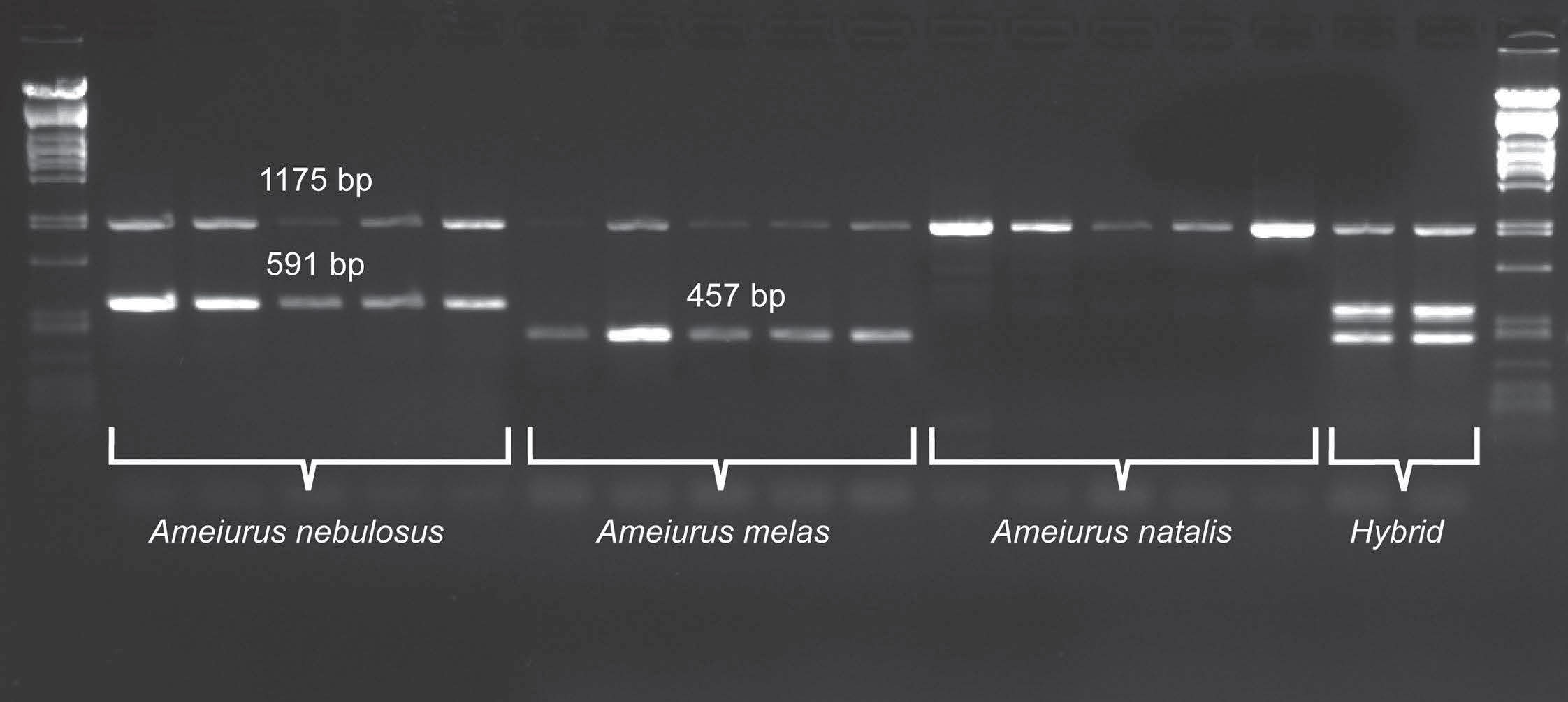Molekuláris Ökológia Tanszék - Akvakultúra és Környezetbiztonsági Intézet
Department of Molecular Ecology
Department of Molecular Ecology
Last modified: 07. June 2022
The Department of Molecular Ecology has two research groups: Microbial Ecology Research Group and Fish Molecular Genetics and Genomics Research Group. The Microbial Ecology Research Group is focusing on microbial communities of both pristine and contaminated environments. Their main research projects include (i) the investigation of petroleum hydrocarbon degradation in subsurface environments (BTEX, PAH and aliphatic hydrocarbons), (ii) the biodegradation of xenobiotics with an emphasis on pharmaceutical residues (e.g. ibuprofen, diclofenac, carbamzepine), (iii) the investigation of plant growth promoting bacteria in order to decrease drought stress. The group is also involved in taxonomical studies of bacterial isolates and routinely describes new bacterial species (mainly contaminant-degrading bacteria). The activities of the Fish Molecular Genetics and Genomics Research Group cover a wide range of fish genetics and genomics. This includes the investigation of natural fish populations, gene bank stocks, as well as the support of selection and breeding by molecular biological, genetic or genomic tools. The group has considerable knowledge in molecular genetic marker development, marker adaptation, application in population genetics or marker assisted selection, parentage analysis (eg. sturgeon, carp, bighead carp, pike perch, perch, pike, barbel, tench, crucian carp, etc.). We have significant experience in fish behaviour genetics (pike perch) and the genetic management of broodstocks (eg. brown trout, carp, African catfish). The genome and transcriptome analyses (African catfish), QTL (Quantitative Trait Loci) mapping and molecular genetic analyses of fish sexual development or feed conversion are also part of our research.


